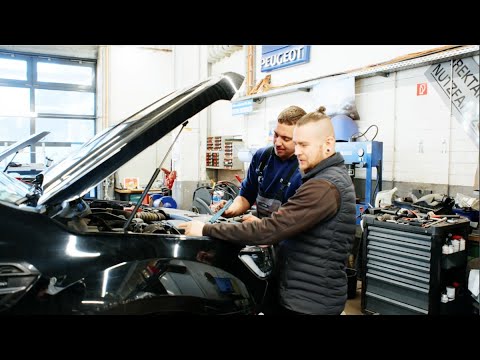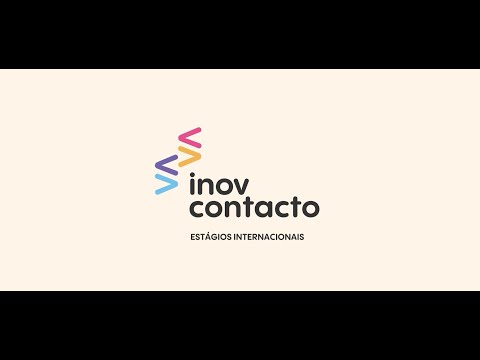Problem addressed
The world is becoming increasingly globalised, with a shift towards relying on mass production and corporations to meet demand faster and more cheaply. Small-scale farmers can end up having little to no bargaining power, with prices that are too low to cover their costs or quality requirements that leave part of their production unusable.
Innovative solution
Regionalwert AG (RWAG) is a capital management organisation, established in 2006, that aims to encourage environmental, economic and socially sustainable food systems for the future. It supports small-scale farmers by promoting food sovereignty practices whilst involving the local community. Food sovereignty is an approach that puts forward an alternative food system that places control in the hands of the people who produce the food and the local population. RWAG connects stakeholders along the food production and retail chain and gives greater visibility to services to improve environmental and agricultural sustainability and to highlight the risks within food systems.
Local citizens can become shareholders in the company through financial investment. By investing, citizens take responsibility for their own region and their local food and supply chain. RWAG allocates its citizen shareholder investments across the production and retail chain members. It also aims to promote operational sustainability, supplying enterprises with set-up and development support through their consultancy practices and knowledge of the agriculture sector.
RWAG facilitates matchmaking between regional production and retail chain members to improve local social capital and network relations. The partner structure of the organisation makes it possible to better compensate for temporary market fluctuations and reduces costs for companies in the network. Companies also support one another within the regional production and retail chain – for example, waste from a vegetable farm is used as animal fodder by a dairy farm within the same network, and cow dung from this dairy farm is used as fertiliser by the vegetable farm.
Since it began, RWAG has diversified its operations, working in cooperation with Agronauten eV and other organisations to develop joint research projects. For example, ‘Calculating Correctly’ was a research and development project for recording, booking and balancing socio-ecological and regional economic activities in agriculture enterprises. It ran from June 2018 until December 2019, in cooperation with Agronauten eV, and was funded by the Software AG Foundation and Badenova Innovation Fund (EUR 200 000). Building on this project is ‘QuartaVista – a navigation system for purpose-oriented enterprises’, funded by the German Federal Ministry of Labour and Social Affairs within the initiative ‘Initiative New Quality of Work’ (INQA), which consists of a consortium from the organic food sector and software companies. It runs from November 2018 until February 2021. QuartaVista aims at linking sustainability management and financial accounting through the development of multicriteria key performance indicators (KPIs). The results may contribute to the development of the new EU green accounting standard.
Key results and benefits
RWAG has 750 shareholders, with a total share capital of EUR 3.9 million and an individual share of less than 10%. RWAG has developed over 130 indicators representing complex economic, social and ecological factors and their interdependencies, which provide a central element of the evaluation of each enterprise’s success and presentation to shareholders.
Specific results to date include securing access to land and capital for six young farmers. These farmers had a difficult experience obtaining both resources from banks due to their age and the perceived risk. RWAG is keen to support non-family successors to farmland, to diversify the owners and assist young people in starting up agricultural businesses. In Freiburg, there are now a total of 24 enterprises, individual businesses or farmers who have joined the regional production and retail chain partnership, initiated and operated by RWAG.
Potential for mainstreaming
RWAG has developed networks in Hamburg, Berlin-Brandenburg, Isar-Inn and Rheinland, with an additional three locations planned. These regional networks are presently operating under a holding company, Regionalwert Treuhand UG&CO.KG, until autonomous RWAG units can be established. Each unit will provide capital contributions to the parent company, RWAG Freiburg, and receive expert consultancy, support and the RWAG trademark in return. This expert support and advice from the core RWAG team has been key in encouraging the growing number of environmentally and sustainability minded stakeholders to participate in the RWAG network.
There are also plans to expand internationally, with interest expressed from organisations in Austria, the United Kingdom, Spain and most willingly Sweden. A similar project has already emerged in Spain, replicating RWAG’s regional supply chain practices, using their trademark and supplying a participation fee to join the brand. The project led by Dynamislab, EcoRegió, was established in Cataluña in 2015 and thanks to its success in promoting regional organic farming, it was awarded the best project at EcoSí Keiretsu’s Investment Forum.
For his work in developing RWAG, Christian Hiß was named an Ashoka Fellow in 2009 and presented with the Social Entrepreneur of the Year 2011 award by the World Economic Forum and Angela Merkel.



